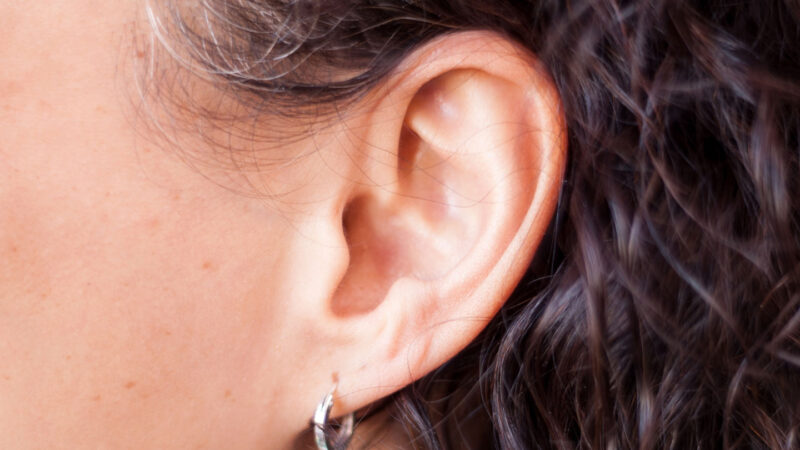
You’ve probably seen a cat or dog swing their ears toward a sound. We can’t move our fairly rigid ears this dramatically. But people still possess ancient ear-moving muscles. Some of us can even wiggle our ears on demand. And, it now turns out, they’re more active than anyone knew.
Andreas Schröer is an ear-muscle expert. An ear wiggler himself, he’s also a neuroscientist at Saarland University. That’s in Saarbrücken, Germany. Schröer was part of a team that asked 20 people with normal hearing to listen to a recorded voice. Meanwhile, distracting podcasts played in the background. Electrodes around the volunteers’ ears recorded their muscle activity.
One particular muscle fired up when listening conditions were difficult. It’s known as the superior auricular (Aur-IK-yu-leur) muscle. It sits just above the ear and lifts it up.
Schröer’s group shared this finding January 30 in Frontiers in Neuroscience.
Millions of years ago, this muscle may have helped our ancestors home in on sounds. But modern humans don’t wiggle their ears all that much. Today, it’s doubtful that this tiny wisp of muscle action helps us hear better (though scientists haven’t tested that). “It does its best, but it probably doesn’t work,” Schröer says.
Still these muscles might have another use. Their activity could provide a measure of someone’s effort to hear. That knowledge might one day be used to help improve hearing-aid technology. For instance, it might tell the device to dampen background noise when someone is struggling to hear.
Schröer says humans’ wide variety of ears — and wiggling abilities — poses a challenge for research on ear muscles. And ear muscles’ wide range of sizes, he adds, can make it hard to accurately record their activity.
Schröer has collected stories of remarkable ear abilities. These include people who feel their ears moving toward a sound. Others use their ear movements in daily life….
Read the full article here
